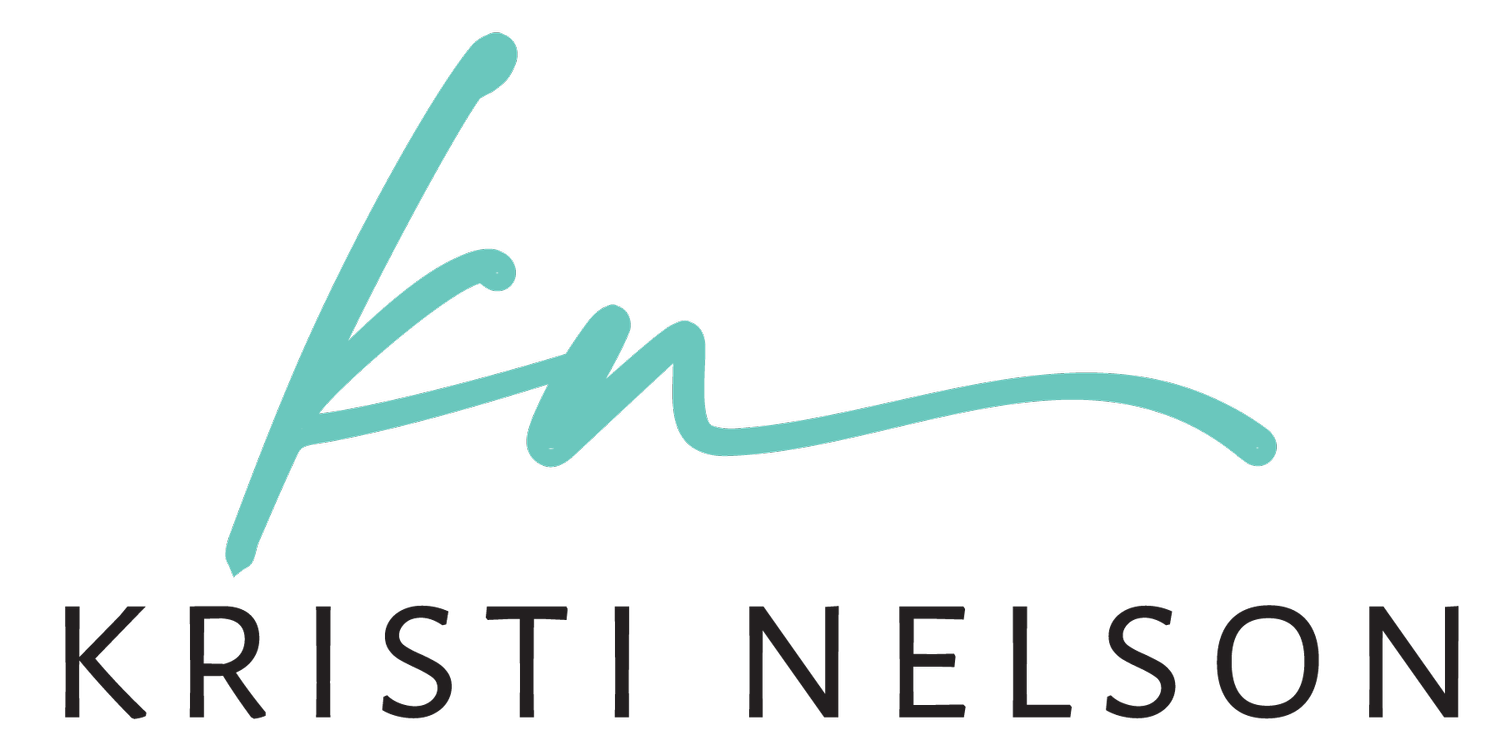For the Self-Employed, Getting a Loan Takes Planning
You don’t have to tell anyone who is self-employed that there are extra costs that go with the benefits. In addition to the long hours and weight of responsibility that come with the job description, getting a home loan has always added special challenges. Now that we are into the new Dodd-Frank era of federal oversight, some of the changes warrant an early heads-up.
The 2010 legislation that went into effect on January 10 created the Consumer Financial Protection Bureau, with the function of tightening the rules lenders follow in order to discourage the issuing of mortgages that borrowers can’t be reasonably expected to be able to repay. To deliver on that worthy purpose, more proof and more paperwork will be required to support the income claimed on loan applications (here you might well be hearing an imaginary smacking sound from self-employed persons reading this and whacking their foreheads—paperwork is the bane of the self-employed).
If you are your own boss and getting a loan on Bainbridge Island is on your horizon, take heart! Just because it may be more difficult to apply for home loan doesn’t mean it’s impossible.
The new lending rules describe eight specific factors lenders should verify and document before advancing home loans. They includes the borrower’s assets, credit history, employment status and other debt obligations. The penalty for lenders who fail to do so adequately is that they may be legally liable if a borrower proves unable to repay.
For the self-employed, the extra burden can come with the requirement that borrowers be able to show consistent income (hear that forehead-smacking sound again?) The general rule is that borrowers be able to provide at least two years’ worth of personal tax returns. Since self-employed people getting a loan on Bainbridge Island often have perfectly valid reasons for fluctuating annual incomes, it’s vital to talk with a broker and lender as early as possible to establish the taxable income level needed to qualify for a loan.
That talk should cover other areas. For instance, self-employed people have greater flexibility than most when it comes to reporting deductible expenses on their income tax forms. Since those same deductions result in lower net incomes, that can be problematical when it comes to getting a loan. One way to counter that problem is to demonstrate that the expenses incurred were used to buy things that will improve their business in the long term. Another approach is demonstrate that similar expenses are not likely to re-occur (particularly apt when a business is just starting up).
If you are among the self-employed—and plan on getting a loan—planning is key. Get your ducks in a row now so the loan process doesn’t derail you later. It’s never too early to call me as an early resource before we get to move on to the fun stuff—your home search!


